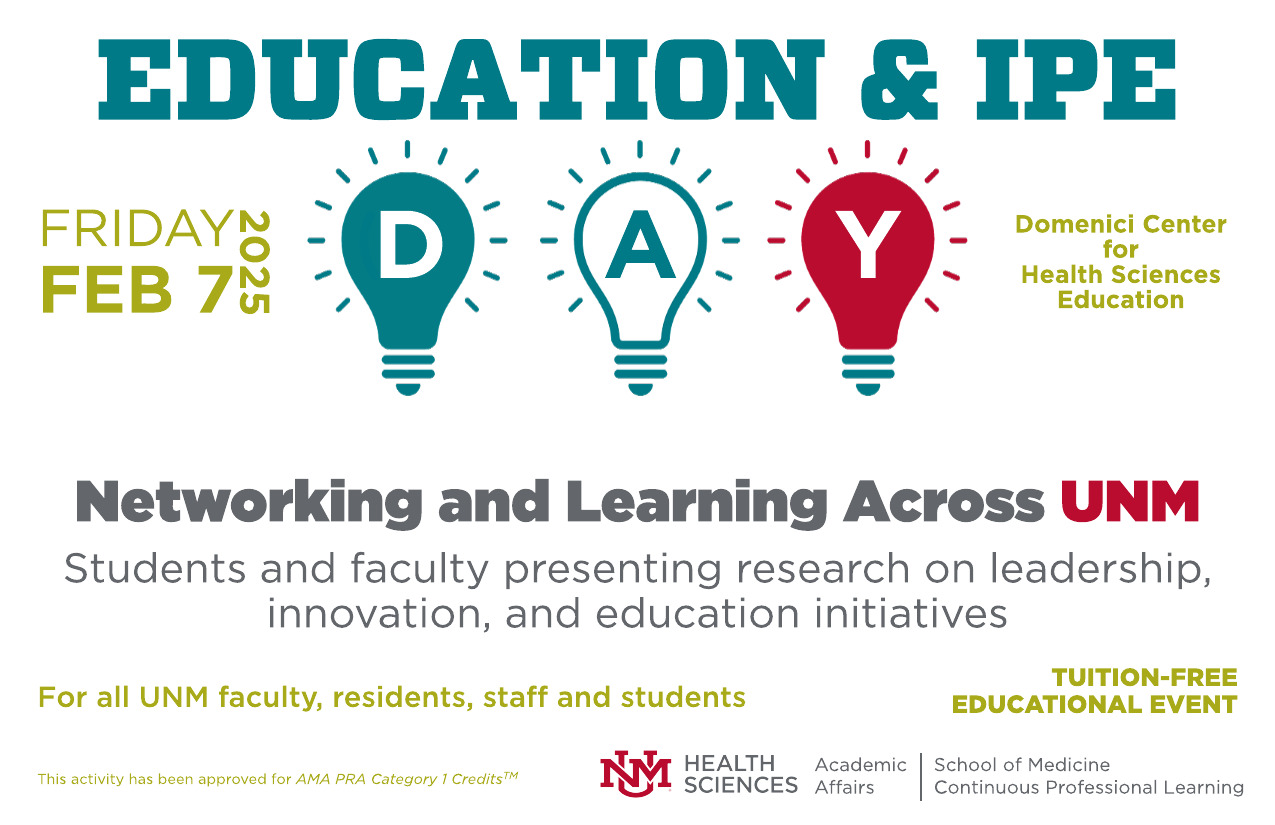
HSC Education Days
Document Type
Poster
Publication Date
4-29-2022
Abstract
Background: In response to COVID-19, medical educators began teaching preclinical curricula virtually, and medical students in their clinical years were prohibited from direct patient contact. Medical students pre pandemic were known to have higher rates of depression and anxiety than their age-matched peers (1,2). We sought to study the impact of COVID-19 on medical student wellness and whether that impact varied by class year.
Methods: We administered a survey consisting of eight questions addressing different domains of medical student wellness and the effect COVID-19 had on these domains. We looked at overall wellbeing, impact on medical education, financial wellbeing, self-care routine, worry for family members, and feelings of isolation pre- and post-pandemic. The survey was administered to matriculating students, students at the end of their second didactic year, and students at the end of their third year of medical school. We administered the survey to these classes in order to add questions to an annual pre-existing survey. The results for each question were averaged and compared to the averages across classes via a two-sample t-test.
Results: Students in their didactic years reported a greater decline in their wellbeing compared to those in their clinical years (p
Conclusions: Students at all stages of medical school report that COVID-19 negatively impacted their wellness, and our data suggests the impacts will vary for students at different stages in their education. Medical educators and administrators should take into account this variability when planning wellness initiatives.
Recommended Citation
Astorga, Dominik; Ashley Fitzgerald; Fahad Hussain; Nancy Shane; and Elizabeth C. Lawrence. "COVID Impact on Mental Health Across Medical School Classes." (2022). https://digitalrepository.unm.edu/hsc_ed_day/112
